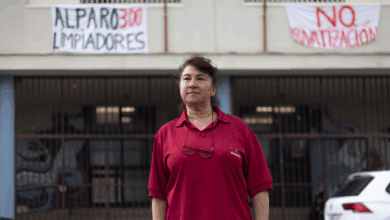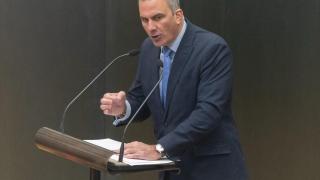
In the Madrid region of Spain, a list of healthcare professionals who have officially declared their unwillingness to participate in abortion procedures will soon be published. This requirement is enshrined in a law passed in 2023, and local authorities are now obligated to implement it, despite internal disagreements over the necessity of such a measure.
The head of Madrid’s healthcare system, who has a background in radiology, does not hide her skepticism toward the new regulation. In her view, such lists are of no benefit and may lead to the stigmatization of specialists who have opted out of participating in abortions. She emphasizes that the healthcare system’s role is to protect the rights and interests of all staff, regardless of their personal beliefs.
In 2024, the region recorded over 18,000 cases of voluntary abortion—several hundred more than the previous year. Nationwide, the statistics also show an increase: more than 106,000 abortions were performed in Spain over the year, approximately three thousand more than the previous period.
Against the backdrop of a rise in such procedures in the region, a debate has erupted over the prevention of unwanted pregnancies and support for women who choose motherhood. The head of Madrid’s health department points to the lack of comprehensive action in these areas from the central authorities. At the same time, the national Ministry of Health highlights the existence of a national strategy that includes information campaigns and free distribution of contraceptives.
In addition, the Madrid city council recently approved an initiative proposed by one of the political parties to provide women with information about the so-called “post-abortion syndrome.” Although this phenomenon lacks scientific evidence, officials stress that informing citizens on this matter is required by current legislation. Representatives of the medical community note that such requirements may provoke mixed reactions among specialists.












